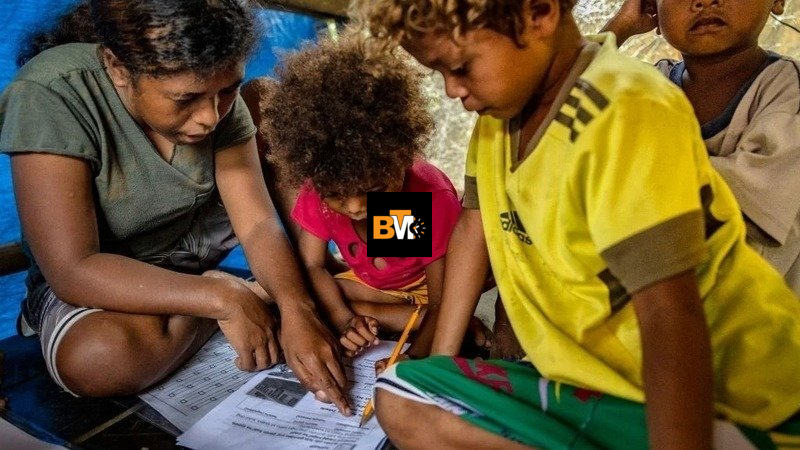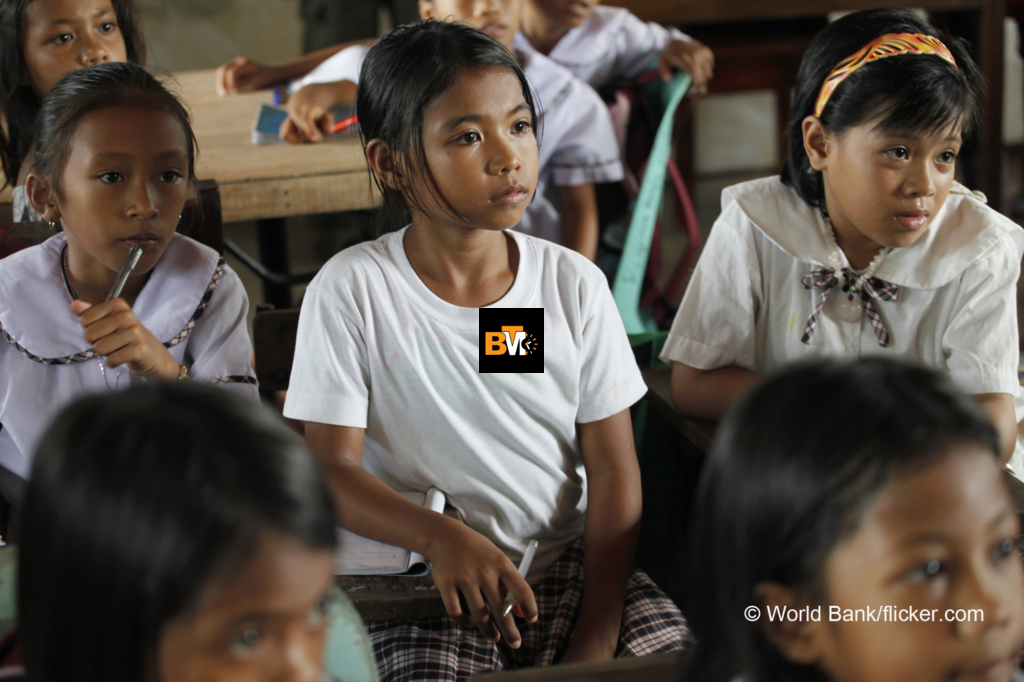Every child deserves the chance to go to school, but in the Philippines, many kids never get that chance. Even though education is very important, there are still millions of children in the country who can’t attend school. This problem affects not just kids and families, but the whole nation.
What Is the Lack of Education in the Philippines?
The “lack of education in the Philippines” means that many children don’t get to go to school or finish their studies. Some kids never enroll, and others drop out early. This problem is more common in rural or poor areas where schools are far away and families struggle to survive.
Even though the government tries to improve education by building schools and hiring teachers, the problem still continues. Based on recent data, over 2 million Filipino children are out of school. Most of them are from poor families who cannot afford school expenses like books, uniforms, and transportation.
This issue is not just about not going to school—it’s about not having the chance to learn, grow, and build a better life.
Why Don’t Some Kids Go to School?
There are many reasons why children in the Philippines can’t go to school. Poverty is one of the biggest reasons. When families don’t have enough money for food, school becomes less of a priority. Some kids are forced to stay home to take care of younger siblings, or worse, start working at a young age just to help the family survive.
Another reason is that some places don’t even have proper schools or teachers. Imagine living in a mountain village where the nearest school is three hours away by foot. For many families, that’s just not possible.
Sometimes, even when kids are enrolled, they drop out because they feel left behind. They may miss school days when they’re sick or when their families need them at home. Over time, they stop attending altogether.
Big Problems That Stop Kids from Learning
There are a lot of challenges that prevent children from staying in school. Here are some of the biggest ones:

Not Enough Schools in Poor Areas
In many remote or rural areas in the Philippines, schools are very limited or too far away. Kids must walk several kilometers, often crossing rivers or climbing hills, just to attend class. This makes it hard for children to go to school every day, especially when the weather is bad.
Some communities only have one classroom for all grade levels, which means students of different ages share one teacher. This makes learning difficult and less effective. When schools are too far or poorly equipped, children either stop going or never enroll at all.
Families Can’t Afford School Needs
While public education in the Philippines is supposed to be free, families still need to pay for uniforms, notebooks, pencils, and other school supplies. If a family has several children, the total cost can be too much. Also, many schools don’t provide lunch, so children have to bring their own food. But if a family struggles to eat three meals a day, school becomes a luxury.
Some parents decide to keep their kids at home or ask them to work instead of spending money on education. This cycle of poverty and lack of schooling continues from one generation to the next.
Kids Need to Work Early
Many Filipino children are forced to work at a young age. They sell goods in the market, clean houses, or help their parents in farming or fishing. This takes away time from school. While the government has laws against child labor, poverty pushes families to break those rules.
In urban areas, kids work in junk shops, tricycle terminals, or small factories. In rural zones, they help plant rice or harvest crops. These children grow up too fast, missing out on the fun and learning that school can offer. Once they start working, it’s very hard to go back to school.
Why Is Education So Important?
Education is more than just reading and writing. It’s the key to a better life. When children go to school, they learn skills that help them find good jobs in the future. They also learn how to solve problems, make smart decisions, and be active members of their community.
A well-educated person is more likely to find work, earn money, and help their family rise from poverty. Education also teaches values like respect, honesty, and responsibility. It helps people become good citizens who care about their country and the world around them.
Without education, children grow up with fewer chances to succeed. They are more likely to live in poverty, get sick, or become involved in crime. That’s why education is one of the best tools to break the cycle of poverty.
How Does This Affect the Country?
When a large number of children don’t go to school, the entire country suffers. Uneducated citizens can’t fully contribute to the economy. There are fewer skilled workers, which makes it harder for the country to grow and compete with other nations.
Also, when many people lack education, problems like crime, unemployment, and poor health increase. The government ends up spending more on social services and less on development. In short, the lack of education weakens the country’s future.
This issue also hurts the image of the Philippines in the eyes of other countries. Foreign investors may avoid a nation where the workforce is not properly trained. That means fewer jobs and less income for everyone.
What Can We Do to Fix This?
Solving the education crisis in the Philippines is not easy, but it’s possible. It requires effort from the government, local leaders, schools, and even regular people like you and me.

Build More Schools in Rural Places
The government should build more schools in far-flung communities. These schools should have enough classrooms, teachers, and learning materials. It’s important to place schools closer to where children live, so they don’t have to travel far. School buildings must also be safe and strong, especially in places often hit by typhoons or earthquakes.
Mobile classrooms or boat schools can also help children in hard-to-reach areas. Education should go where the children are—not the other way around.
Give Free School Supplies and Meals
Many kids go to school without pencils, paper, or food. Giving free school supplies and meals can make a big difference. When kids have the tools they need and full stomachs, they can focus better and learn more.
Programs like “feeding programs” during lunchtime encourage children to come to school. These small acts of support reduce dropouts and improve attendance.
Even private companies and kind-hearted citizens can donate books, bags, or uniforms. Every small help counts.
How the Government and People Can Help
The government must invest more in education. It needs to train more teachers, improve school facilities, and make learning fun and effective. Officials should also enforce laws against child labor and help poor families so they don’t have to rely on their children to work.
But it’s not just the government’s job. Parents must support their children’s learning. Communities should work together to make sure all kids are in school. Even students who have already finished school can volunteer to teach or tutor younger kids in their neighborhood.
Everyone has a role to play in solving this problem.
How Does This Affect the Country?
The lack of education in the Philippines has a deep and lasting effect on the whole nation. When children don’t go to school, they grow up with fewer skills and fewer chances to find good jobs. This leads to more poverty and fewer opportunities for the country to grow. Businesses suffer because they can’t find enough trained workers. Communities become weaker because people don’t have the knowledge to solve problems or make informed decisions. Education builds strong people—and strong people build a strong nation.
The Bottom Line
Every Filipino child has the right to go to school and learn. But for millions, that right is still a dream. Poverty, lack of access, and the need to work are just some of the reasons why many kids in the Philippines can’t get an education.
If we want to fix this, we need to work together. The government must provide more support. Communities must watch over their young ones. And we, as individuals, must care enough to help in our own small ways.
Because when one child learns to read, the whole country takes a step forward. Let’s make sure no child is left behind.







Leave a Reply